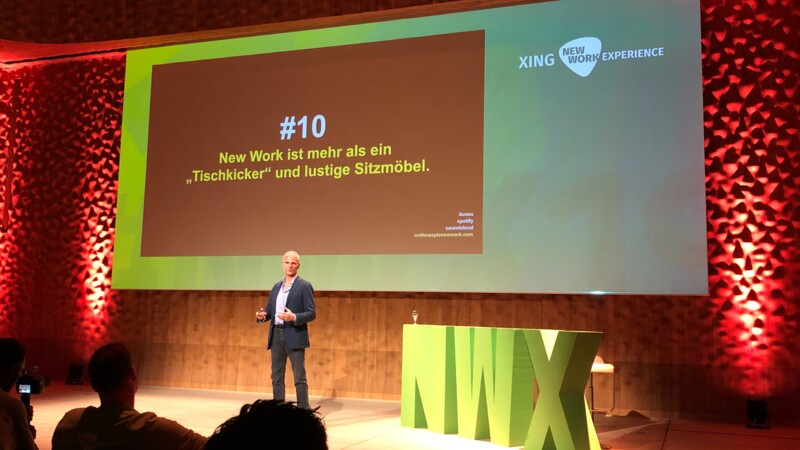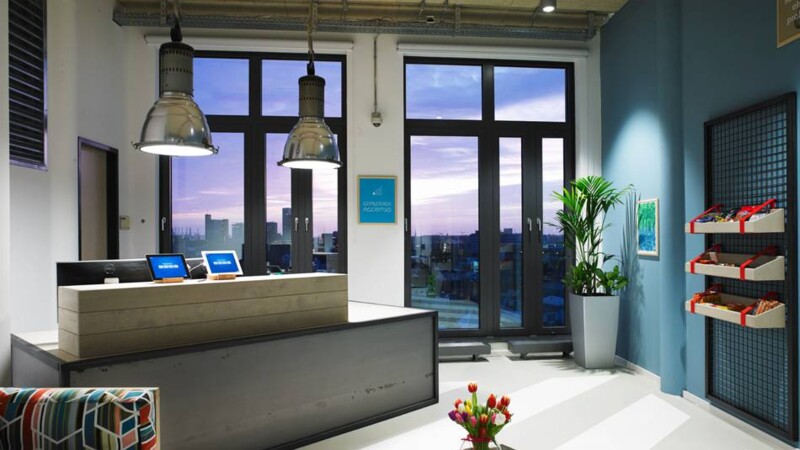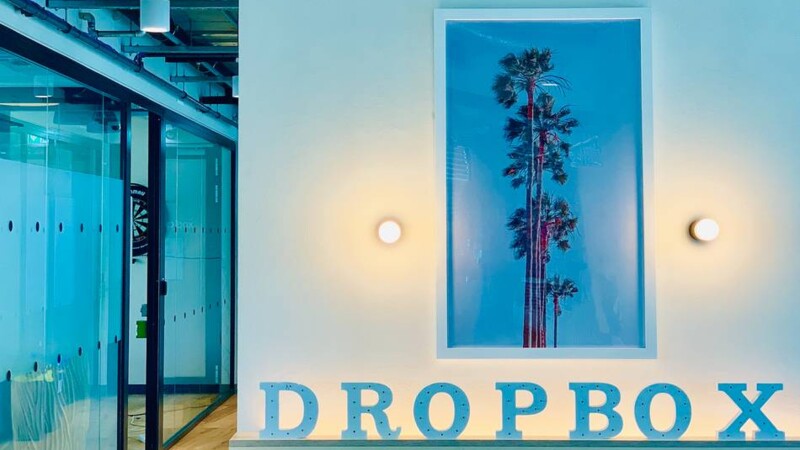Confidence building is gaining importance and playing a key role not only in the era of corona. Everyone has their own rhythm and employees want to decide on their working hours themselves.
"New work is more important than ever," according to Nick Sohnemann, CEO of Future Candy, at the start of the webinar on New Work Culture broadcast live from the company's headquarters in Hamburg-Hammerbrook. The time has come for companies to take a stand on the new working world i.e. home offices, flexible working and work-life balance. Even if the term New Work is difficult to grasp, it definitely stands for goal-orientated and meaningful work. Sohnemann has identified five key trends that are comparable to "controls in a recording studio that can be turned up or down". The aim is to "produce the perfect sound". Hamburg News summarises the trends below:
1. Freedom of Time
2. Freedom of Location
Staff want to decide for themselves where they work regardless of whether it's in an office, at home in a co-working space or on a bench in a park. A paradigm shift has already occurred at a leading car manufacturer, for instance, in France. In the past, employees had to explain why they wanted to work at home whereas nowadays they have to explain why they want to go to the office.
3. Freedom of Tools
Cloud computing is the magic word. Companies should move their IT structures to the cloud so that data and applications are accessible from anywhere, anytime 24/7.
4. Freedom of Task
Employees know best how much energy they have and should be able to prioritise the order of their tasks themselves.
5. Freedom from Hierarchy
New Work does not work in rigid structures. It requires a new, trusting relationship between supervisors and employees based on transparent communication and a deeper understanding of the employee's life situation. The employee should not be perceived purely as worker, but also as a human being. And what about the decision-makers? Berlin, for instance, is home to an agency that operates as a collective - without a boss. The employees decide jointly on which projects to work and appoint a spokesperson, Sohnemann said.
Effecting cultural change in your own company
But at what point should companies starting focusing on new work and cultural change? Sohnemann pointed out: "The starting point can be your own team. Take a close look. Are your employees more freedom-loving or do they like structures?"
Thus, change in the world of work goes hand in hand with plenty of freedom for the individual. But what if there is a lack of co-operation? What if there is no chat at the coffee machine and there is no-one to bounce ideas off? Virtual meetings with so-called avatars hold great potential, according to Sohneman. AR headsets can depict all kinds of work processes in digital meeting rooms where employees brainstorm and work together as avatars.

Different New Work in 2030
At the end of the webinar, Sohnemann ventured a look towards the future: "New Work as we know it today will probably be Old Work in ten years." Today's world of work is becoming increasingly fragmented. More and more newer, smaller technologies are being added, which will in turn create new jobs. "I expect to see avatar designers soon." Moreover, working at home will be taken for granted, he predicted.
sb/kk/pb
More
Similar articles

Work-life balance, eagerness to return to office crucial, Xing finds


